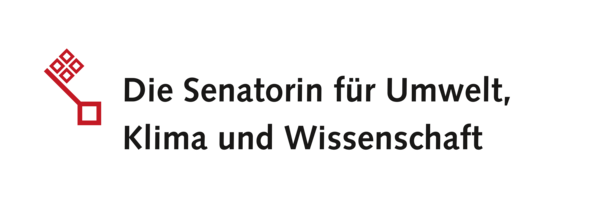
Project
Clean Fish - alternative food from cell culture
![[Translate to English:]](/media/_processed_/8/d/csm_AdobeStock_80034836_d4da7ac0e6.jpeg)
Fish meat from cell culture - in vitro fish - is an alternative technique for food production without industrial fishery and without conventional animal husbandry.
Background and Objective
The increasing global demand for animal protein calls for alternatives in food production. One possibility is in vitro production of fish meat. Stem cells were isolated from fish biopsies and developed to muscle tissue cells. They were then used for fish meat production. This process takes place in vitro with specialized media in a bio reactor. This is the innovative idea behind Clean Fish project. The products will be investigated for nutritionally valuable ingredients as well as for contaminants.
Data and Methods
(Selection)
- Lipid determination (gravimetrically)
- Lipid components determination (thin layer chromatography coupled with flame ionisation detection)
- Fatty acid methyl ester determination (FAME; gas chromatography with flame ionisation detection)
- Mercury determination (direct mercury determination, AAS)
Our Research Questions
- What is the composition of in vitro fish meat compared to fishes from aquaculture or from the sea?
- How is the composition of fat and fatty acids from in vitro fish meat compared to fishes from aquaculture or from the sea?
- Which conventional product is most comparable to in vitro fish?
- Are contaminants lower concentrated in in vitro fish meat compared to fish from the sea?
Results
Water and ash contents were in comparable ranges for all samples from the comparison group (80 % and 1 %), whereas lipid contents showed expected differences, since lean and fatty fish species were both included. Cells from the lab consisted of 95 % water and had less than 1 % lipid content related to their wet weight, which is in ranges similar to the lean fish samples such as Alaska pollock or to shrimp .
Fatty acid patterns of the samples from cell culture show major differences to those of the comparison group. Four derivatives (C16:0; C16:1ω7; C18:0 und C18:1ω9) are account for nearly 80 % of all fatty acids, whereby oelic acid (C18:1ω9) had by far the biggest proportions (48 to 58 %). LC-PUFA were also detected in the cultured cells, but with values up to 10 % they clearly below the species of the comparison group, that had similar total lipid contents. Some fish samples had comparable percentages of LC-PUFA, but due to their higher lipid content, those samples had much higher absolute values.
Samples from cell culture had low mercury contents, which were in the range of the lowest measured values for samples of the comparison group.
Fish cells, that were analysed within the CLEAN FISH project show many differences compared to traditional fish used as food, especially related to their fatty acid compositions. Therefore, it is still some research needed to align them closer to their natural role model. However, first promising indicators for a successful development are for example the omega-3-index or the ω3 to ω6-ratio up to 1.2 found in the cells from the lab of the current project.
Links and Downloads
Thünen-Contact

Involved Thünen-Partners
Funding Body
-
Bundesland Bremen
(national, öffentlich) -
European Union (EU)
(international, öffentlich)
Duration
10.2021 - 9.2023
More Information
Project funding number: 989/PFAU-FUE-V-16-2/2021-ZB
Funding program: EU (hat sich erübrigt, bitte Spezifikation auswählen)
Project status:
finished
Projec partner
Publications
- 0
Schäfer F, Kammann U (2023) CLEAN FISH - alternative food from cell culture. Bremerhaven: Thünen Institute of Fisheries Ecology, 2 p, Project Brief Thünen Inst 2023/36a, DOI:10.3220/PB1690784467000
- 1
Schäfer F, Kammann U (2023) CLEAN FISH - Alternative Lebensmittel aus der Zellkultur. Bremerhaven: Thünen-Institut für Fischereiökologie, 2 p, Project Brief Thünen Inst 2023/36, DOI:10.3220/PB1690783541000

![[Translate to English:] [Translate to English:]](/media/_processed_/2/9/csm_Embryo-Exp_Gelege_9F_dpf5-200513111619_c8534a8199.jpg)
![[Translate to English:] [Translate to English:]](/media/_processed_/2/9/csm_Embryo-Exp_Gelege_9F_dpf5-200513111619_9027994d44.jpg)

![[Translate to English:] Logo des Bundesministerium für Ernährung und Landwirtschaft](/media/allgemein/logos/BMEL_Logo.svg)